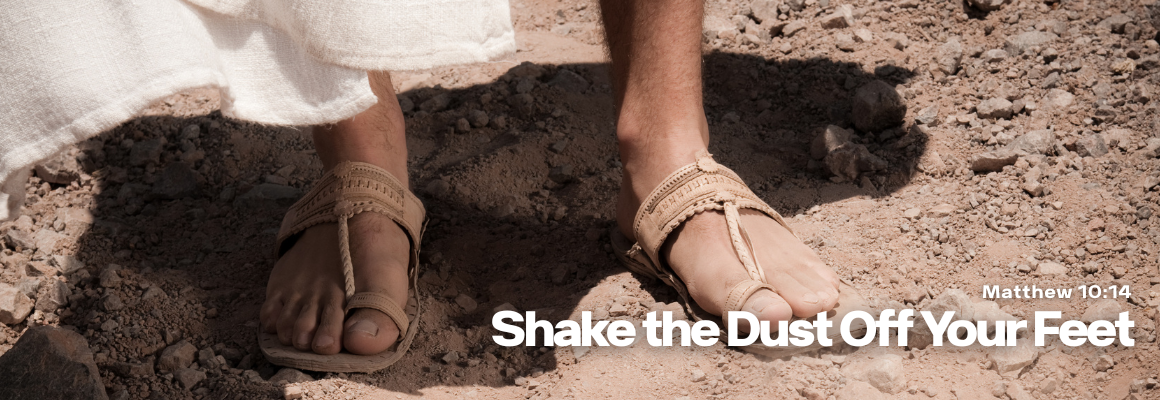“Titus not only welcomed our appeal, but he is coming to you with much enthusiasm and on his own initiative… Therefore show these men the proof of your love and the reason for our pride in you, so that the churches can see it” (2 Corinthians 8:17, 24).
Have you ever avoided telling a donor you’re coming to ask for money when you set up a meeting? Paul didn’t beat around the bush. He told the Corinthians straight up Titus was coming to collect the money they had promised to give. Whether you’re setting up a meeting to ask for a donation or following up on a pledge, tell your donor exactly why you want to meet. Honesty gets great results:
Builds Respect and Trust
When you’re upfront about what you want, you’re treating people like smart adults who can make their own choices. Honesty becomes your strongest tool—one sneaky conversation can mess up relationships for years, but being straight with people builds trust that lasts. Be clear right from your first phone call: “I’d love to meet with you to share what we’re doing and see if you might want to help support us.”
Lets People Get Ready
When donors know why you’re coming, they can think of good questions, figure out what they might be able to give, and maybe bring their spouse or financial advisor into the conversation. This shows you respect their time and see them as partners, not just people with money. Being clear about what you want keeps the relationship strong no matter what they decide about giving.
Creates Real Partnership
Giving benefits the ministry and the donor. Think long-term friendship, not a one-time deal. You’re not just asking for money—you’re giving people a chance to be part of something eternal while helping them reach their giving goals. Focus on what’s important to them: what they care about, what interests them, and their desire to make a difference. This changes how you think about conversations from “I need something from you” to “I’ve got something exciting to share with you.”
Gets Rid of Stress and Works Better
Being honest makes fundraising way less stressful for everyone. You don’t have to worry about finding the “perfect moment” to bring up money. Donors like knowing what to expect, which means they don’t have their guard up and you can have more natural, helpful conversations. This honest approach often leads to bigger gifts because people feel respected and informed instead of tricked. People are more likely to say yes when they’ve had time to think about your request; even when they can’t give, they appreciate the approach.
Think About This: One fundraiser schedules meetings this way: “The best part of my job is meeting with people who care about what we’re doing. I’d love to share the exciting things God is doing through our work and ask if you’d like to join us through prayer and giving. When would be a good time to get together?” This honest, excited approach sets the right tone from the beginning.
Response: Father, help me always be honest when I talk to people about our work. Give me wisdom as I invite people to pray and give generously.














